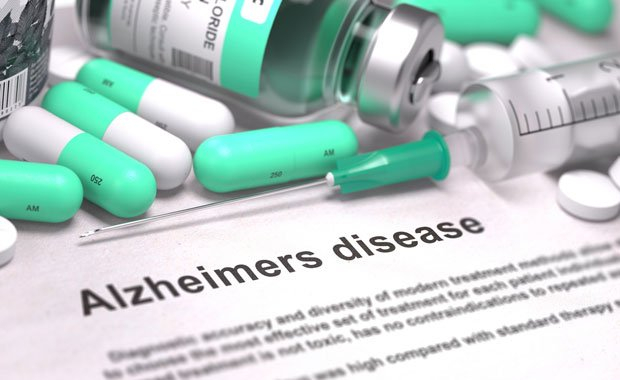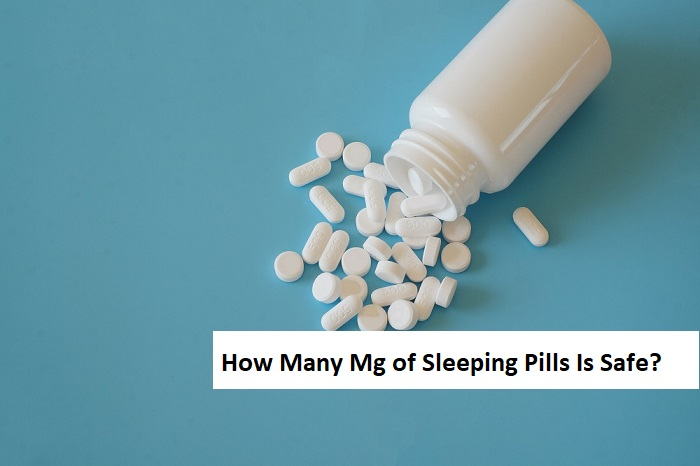Interactions
When combined with hydroxyzine, medications that interact with it either lessen its effect, shorten its duration of action, exacerbate side effects, or have no effect at all. Even though it is not always necessary to stop taking one of the drugs, sometimes there is an interaction between two drugs. Consult your doctor to learn how to handle drug interactions.
Typical drugs with which hydroxyzine may interact are:
- Alzheimer's disease medications, such as donepezil or galantamine
- anticholinergics, such as benztropine or scopolamine
- antipsychotics, such as chlorpromazine, clozapine, fluphenazine, thioridazine, risperidone, or trazodone
- medications that can induce drowsiness, such as sleeping pills, first-generation antihistamines, muscle relaxants, most antidepressants, and anti-anxiety medications
- nervous system depressants, such as barbiturates
- pain relievers, such as acetaminophen, aspirin, ibuprofen, codeine, hydrocodone, or oxycodone.
Avoid drinking alcohol because it might make hydroxyzine's side effects worse.
Note that only commonly used drugs that may interact with hydroxyzine are included in this list, which is not exhaustive. For a comprehensive list of interactions involving hydroxyzine, consult the prescribing information.









